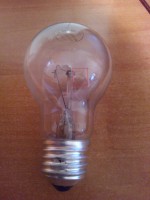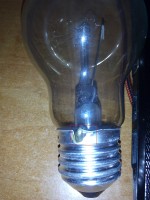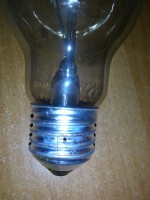Hello, I know that the topic has been discussed on the Internet, but I would like to ask. Well, I have such a problem, when I turn on the light in the bathroom, there is a bang and blue vision before my eyes... blown fuse in apartment B16 for the light and the main fuse for the entire apartment in the corridor? The lamp in the bathroom, of course, does not light. All I know is that the bulb is intact and not broken. And now I have a question: what could have happened? For now, I don`t have access to a lamp because the bathroom is dark. I`ve had similar cases like this before, but the bulb broke (exploded) and the fuses were only blown in the apartment, the B16 one for the light, not in the corridor. What could be the reason for this? It may be the fault of the installation, because almost always the bulb in my house explodes, and not, as usual, it goes out or simply burns. I`m just asking the question to find out if it`s normal for this type of bulb to explode and not burn? Could installation be a problem? And what could have happened in the bathroom that made it sound in the corridor? Thank you in advance for your answer and all this fun is with a 100 W filament bulb.






